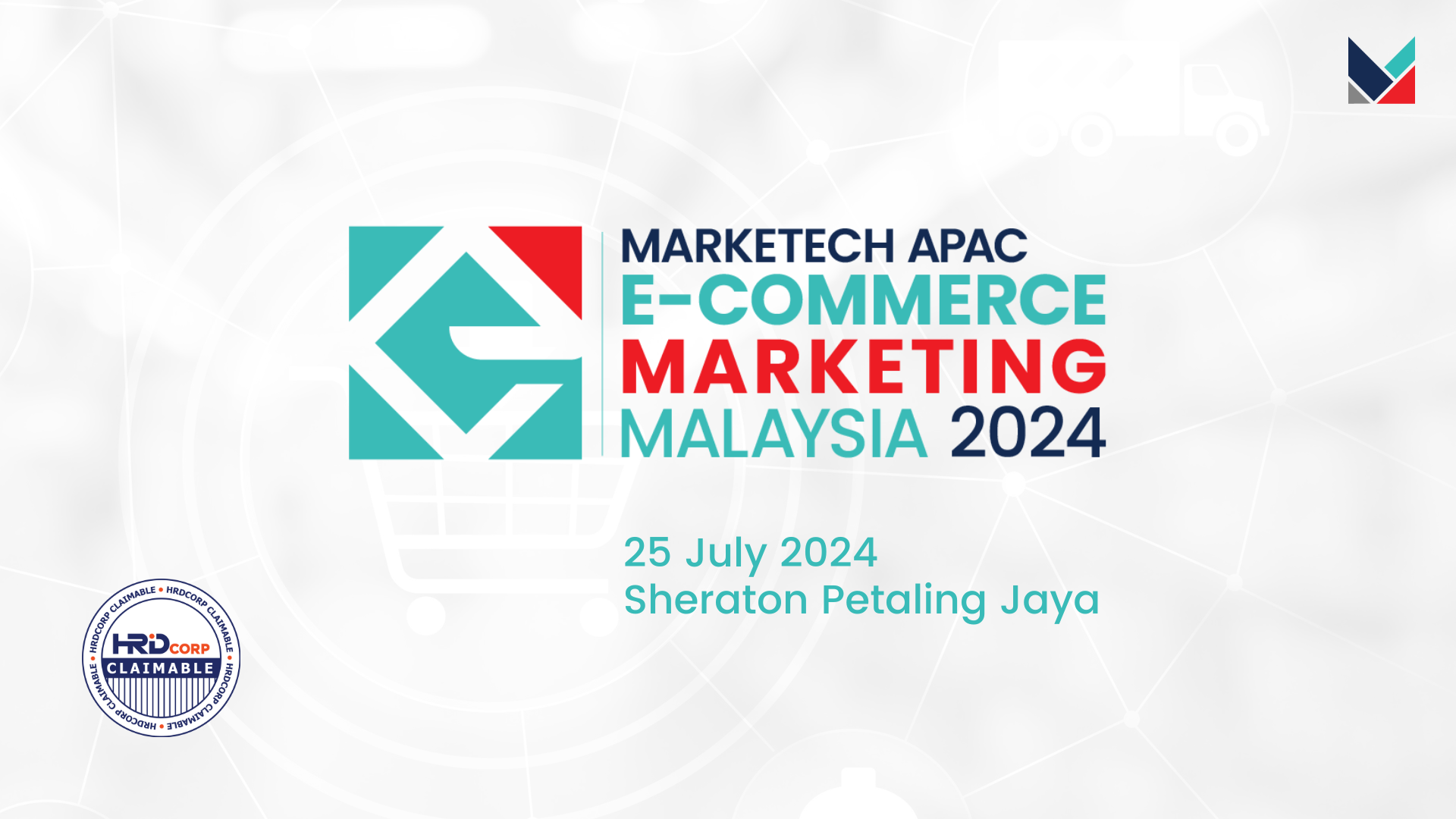Singapore – The majority of marketers in Singapore are embracing AI, with 78% having experimented with or fully implemented AI into their workflows, according to a report by global technology company and AI customer relationship management platform Salesforce.
However, data from Salesforce’s report also suggests that many Singaporean marketers lack a solid data foundation, which hinders their success optimising their AI usage with only 21% being fully satisfied with their ability to unify customer data sources.
Going into more detail, the majority of Singaporeans using AI are focused on generating content, automating customer interactions, and improving customer segmentation or lookalike audience modelling.
On the other hand, this quest for unified, real-time data is more critical and challenging for marketers, with only 42% having access to real-time data to execute a campaign – the lowest globally, and with 57% needing the IT department’s help to do so.
In terms of other key local insights, there is no shortage of data sources, but putting that data to work is a challenge for marketers in Singapore, especially when it demands a holistic or long-term view of data. 49% of these marketers are tracking customer lifetime value (CTV), whilst 84% say they have a clear view into marketing’s impact on revenue.
Companies are also increasingly turning to strategies like ABM and loyalty programs for better acquisition and retention. Yet many of these programs’ information sources remain disjointed, as does the customer experience.
60% of Singaporean marketers say that loyalty data is fully integrated across all touchpoints, whilst only 35% say loyalty program functionalities are accessible across all touchpoints. Meanwhile, 50% of B2B marketers use ABM for customer acquisition, around half use it for upselling (50%) and cross-selling (53%).
To meet rising customer expectations around personalisation, marketers are moving beyond broad audience segmentations, like location or age, to more specific identifiers like individual preferences or past interactions. There is also a difference between how the highest and lowest performing marketing teams adapt. High performers fully personalise across an average of 6 channels, compared with underperformers who fully personalise across 2.
Lastly, the report stated that marketers in Singapore are most concerned about improving marketing ROI in a highly competitive landscape, yet their biggest struggle lies in both measuring results and engaging with customers in real time.
Talking about the report, Wendy Walker, vice president of marketing for Salesforce ASEAN, said, “As Marketers, we are used to the pressure of needing to do more with less whilst meeting the increasing expectations of consumers – especially around personalisation. And so it’s no wonder that we are leading the way with integrating AI. AI makes personalisation at scale a reality, while also driving greater opportunity for brand consistency and storytelling at every touchpoint and fuelling efficiency for our teams.”
“However, as we embrace this technology, what becomes critical is the need for the data we work with to be unified across systems, to give us a comprehensive view of customer engagements. Technology should empower creativity, allowing marketers to deliver meaningful and relevant content to their audiences; this is only possible with trusted data,” she added.
No posts found
Most marketers in Singapore have dabbled with AI, but struggle to unify customer data: report

by Brandon Yulolo
-
June 20, 2024

Related Tags
Marketing Singapore Artificial Intelligence Report Salesforce Industry Insights
Share this article
Related Articles
June 11, 2024
By Aliza Carmona
June 10, 2024
By Teddy Cambosa
June 6, 2024
By Brandon Yulolo
June 6, 2024
By Teddy Cambosa
June 3, 2024
By Aliza Carmona
May 17, 2024
By Aliza Carmona
No posts found
Featured Articles
No posts found
Most Recent Articles
July 4, 2025
Aliza Carmona
No posts found
July 4, 2025
Aliza Carmona
July 4, 2025
Teddy Cambosa
July 4, 2025
Fatima Baduria
July 4, 2025
Aliza Carmona
July 4, 2025
Teddy Cambosa
No posts found
















